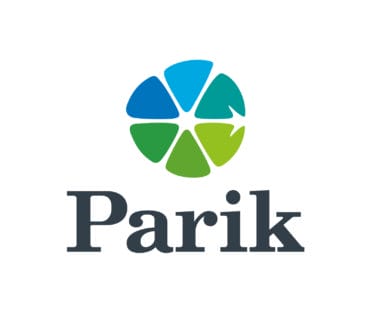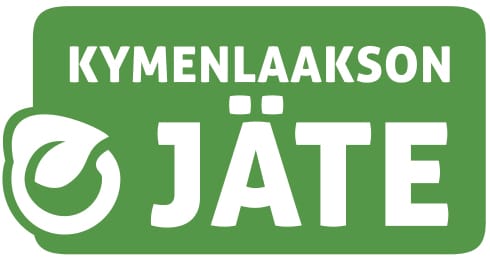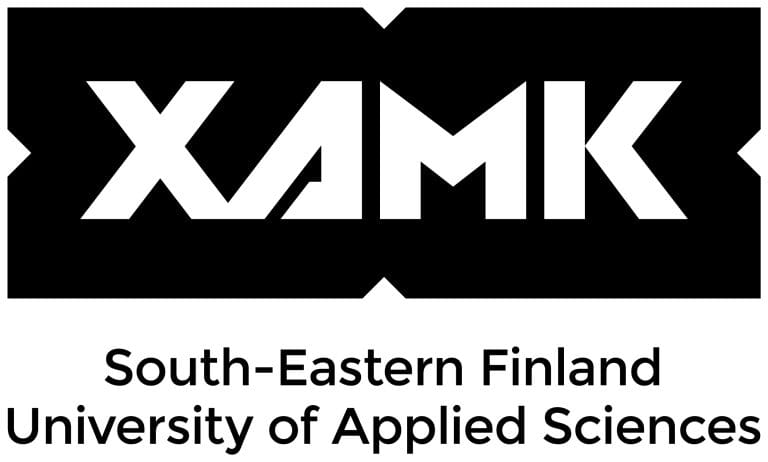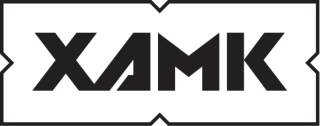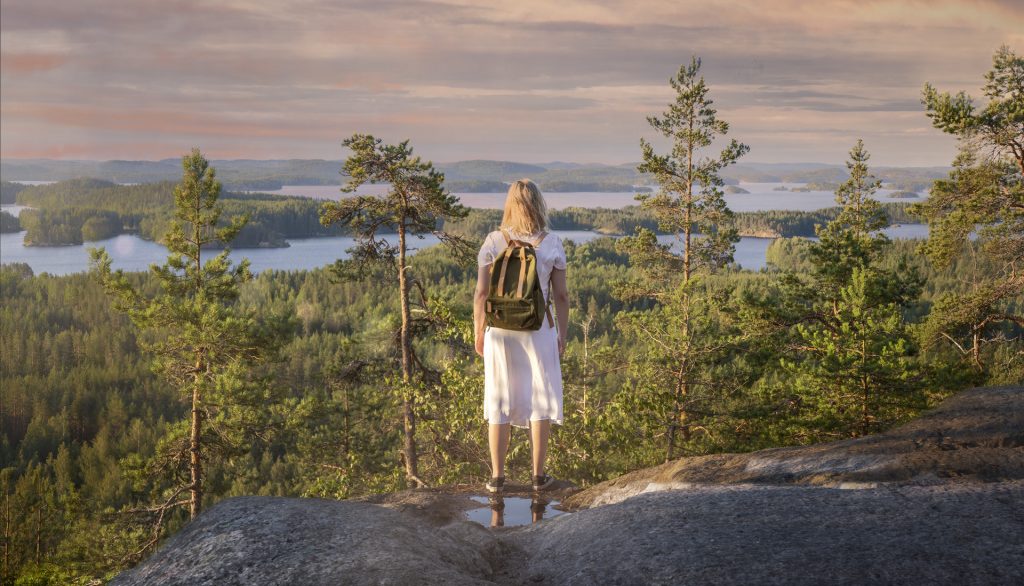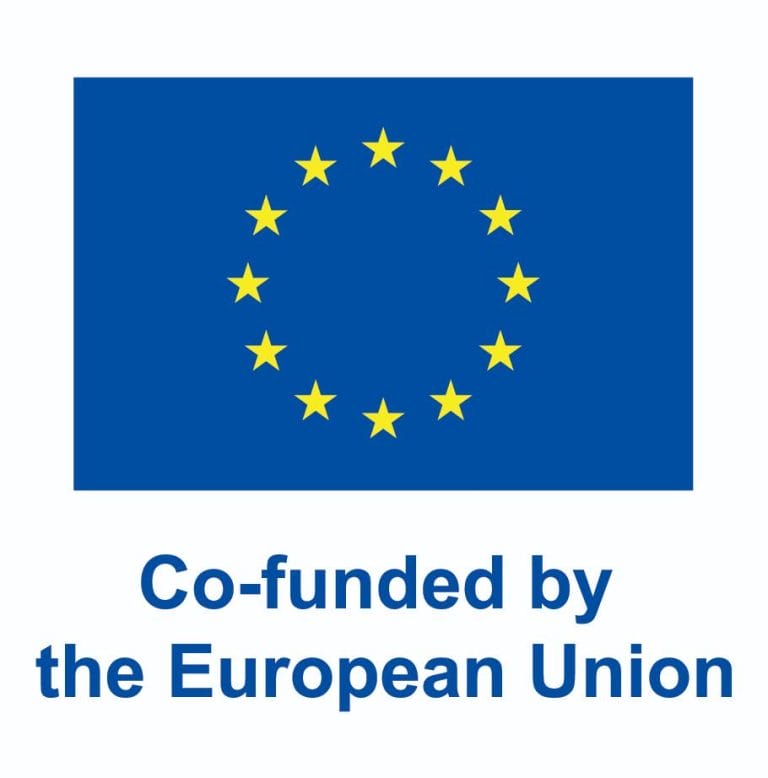
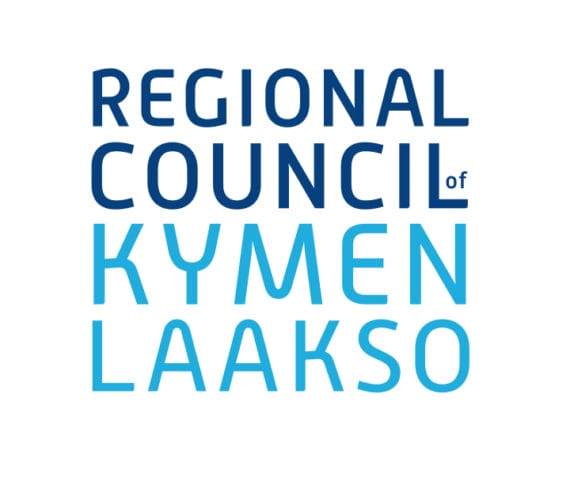
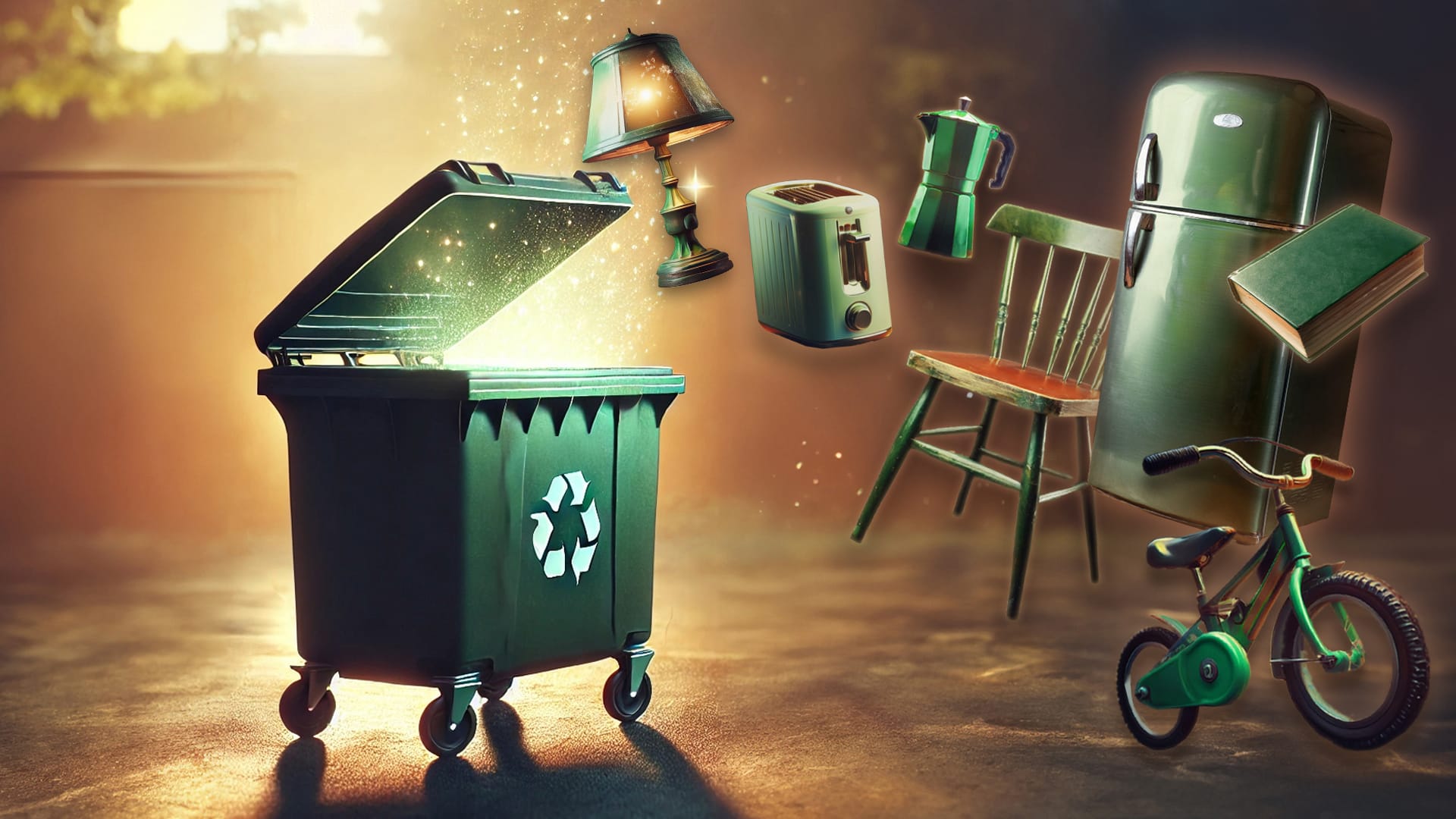
The treasures lost at the waste sorting station
The Treasures lost at the waste sorting station project links the flow of usable materials and goods destined for landfills with their potential users, restorers, further processors, and entrepreneurs. Currently, once materials and goods enter the waste station, they are considered “lost forever” due to waste legislation that hinders their redistribution.
A significant amount of usable goods and materials still end up as waste, which, from the perspective of the circular economy, are wasted treasures
New solutions and innovative approaches
The treasures lost at the waste sorting station project supports the cooperation of public and private actors on a large scale to promote the circular economy. The main goal of the project is to develop new solutions, innovative approaches and forms of cooperation to prevent waste generation and to enhance the reuse of goods and materials. The goal is to inspire and engage operators and customers to test the opportunities created by circular economy thinking and to generate and increase business in the consumer interface.
The main theme of the project is sustainable development
Main activities of the project are:
Work package 1: Creating an EcoVillage concept
- Drafting the EcoVillage concept, along with the development of it’s business and service models.
Work package 2: Teaching and engaging residents in EcoVillage activities
- Creating the EcoVillage brand and story
Work package 3: EcoVillage new business opportunities
- Mapping the material flow to the waste station and assessing it’s utilization potential.
Work package 4: Project management, information and communication
- Project management, stakeholder cooperation and communication of results
.
.
Circular economy requires cooperation
The project aims to reduce waste at the consumer level and prevent its occurrence. Innovations that extend the life cycle and prevent the waste generation requires collaboration among public, private, and third-sector entities. Convening diverse stakeholders fosters the development of new business networks for processing and recycling. Municipalities also have an important role to play in involving and engaging citizens in the circular economy.
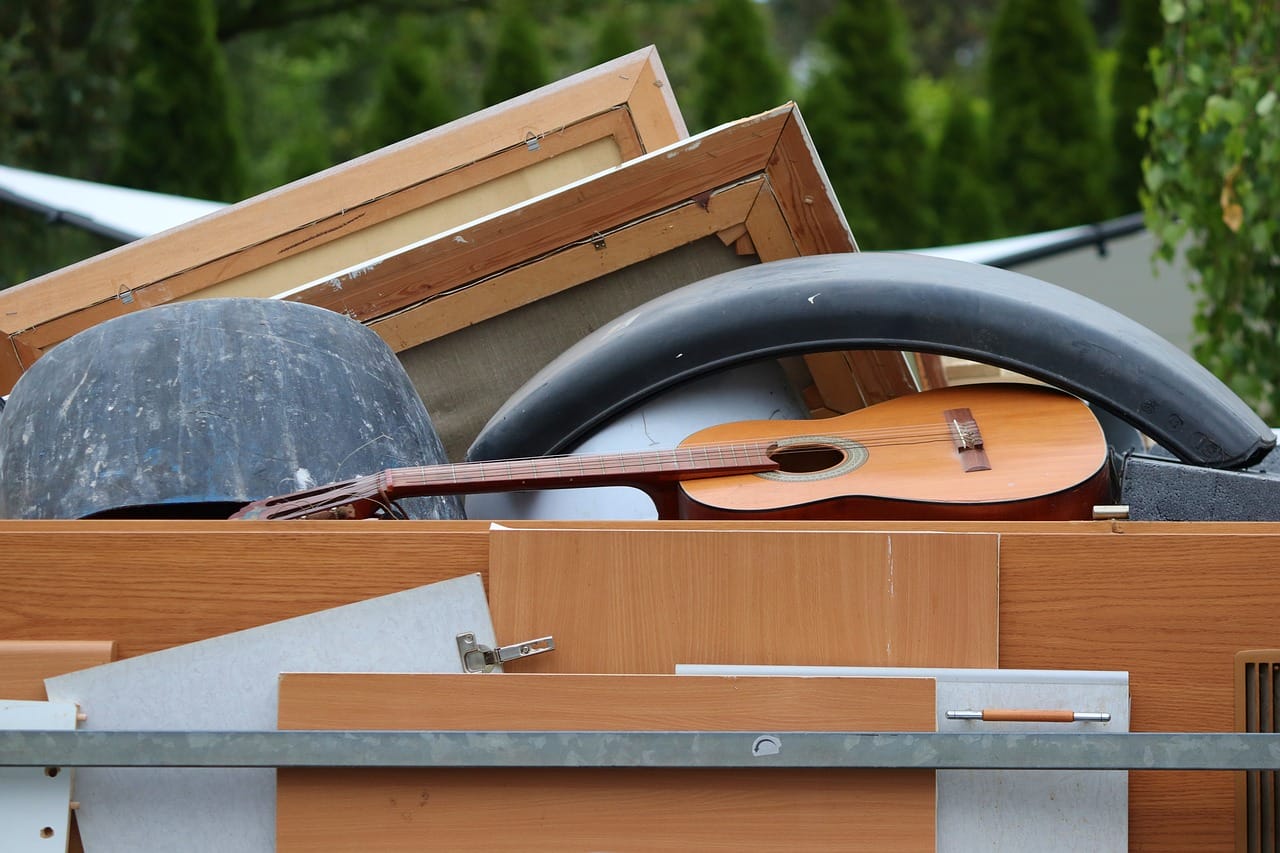
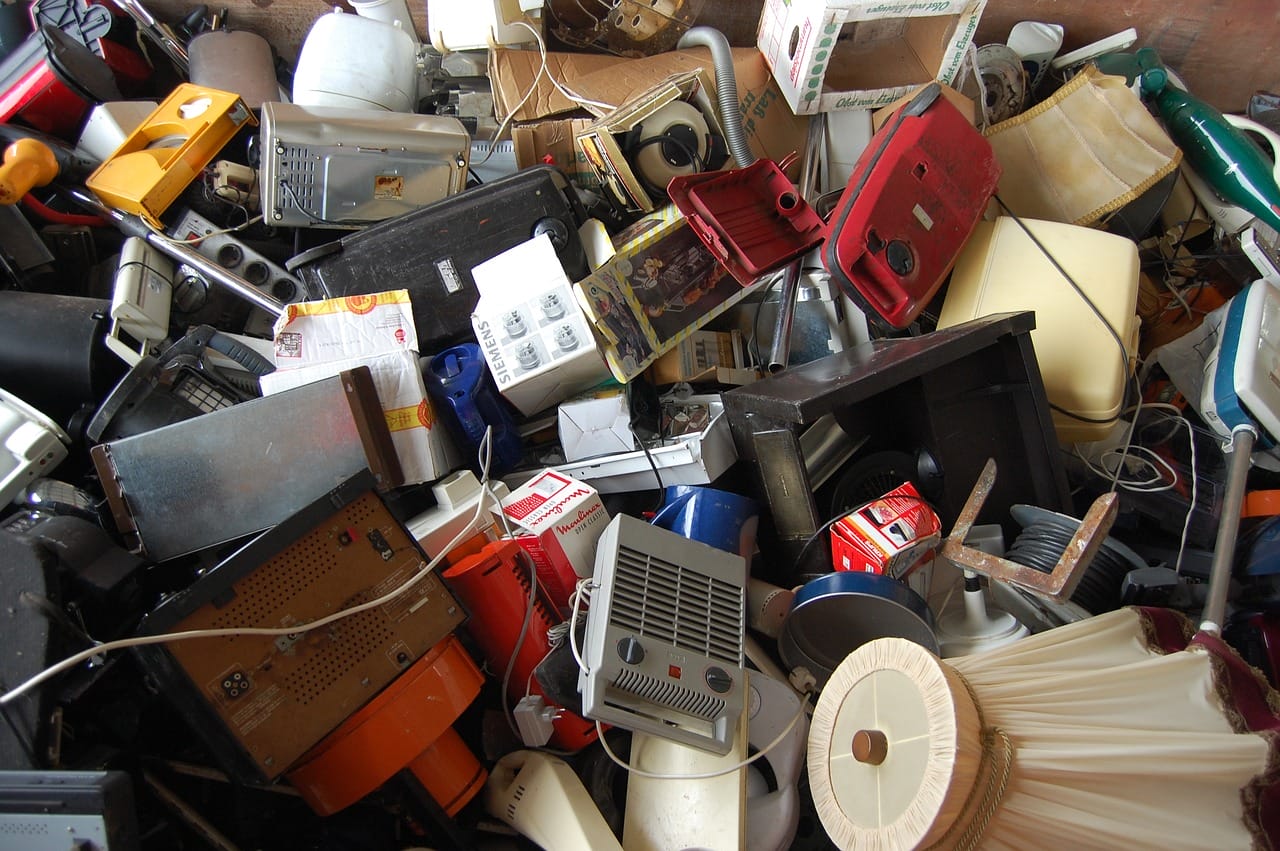
EcoVillage concept
The planning and construction of a new waste sorting station for Kymenlaakson Jäte Oy will create an unprecedented opportunity to build a multi-actor EcoVillage platform that will inspire and engage actors and customers to test the possibilities created by circular economy.
The development of the EcoVillage service concept aims to achieve attractiveness and user-friendliness from the customer’s perspective. The objective is to establish a cohesive unit with uniform aesthetics and guidance, where functions are arranged logically to facilitate seamless operations within the area.
Additionally, the process involves identifying and conceptualizing the required digital solutions to facilitate the functioning of EcoVillage. This includes engaging and consulting with residents in the service concept development and incorporating students into the planning process. Efforts are also made to ensure that the perspectives of immigrants are heard and considered.
The EcoVillage concept is presented as widely and publicly as possible, with the aim of developing a freely replicable concept in which Kouvola will be a pioneer.
Latest
In our latest blog, we reflect on a multicultural workshop held at Ekomaa Recycling Store in Kouvola. Sustainability is Human: Lessons from a Multicultural Workshop
Contact
Head of RDI unit
Hanna-Kaisa Koponen
+358407368651
hanna-kaisa.koponen@xamk.fi
Projectmanager
Marika Kurkinen
+358505933812
marika.kurkinen@xamk.fi
Industrial design
Matti Kantoniemi
+358505715132
matti.kantoniemi@xamk.fi
Service design
Kati Viljakainen
+358504123188
kati.viljakainen@xamk.fi
Facts
The treasures lost at the waste sorting station
Info
Budget
Project partners
